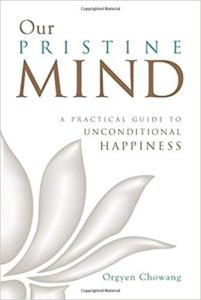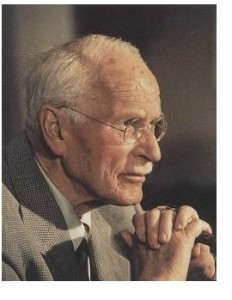I have to write about something that really upsets me.
Just the other day I was working with a couple who had come to me because their sixteen year old daughter was having problems in school, at home, and overall seemed unhappy. They discovered she had been drinking to the point of getting drunk, and when they made that discovery, they took her to their family doctor. The family doctor put her on an antidepressant medication, Prozac. It wasn’t the correct medication.
If you had cancer would you let a cardiologist treat you?
If you had a heart problem would you ask an a dermatologist to figure out how to cope with your heart condition?
The questions are ridiculous because we all know that medicine is very specialized, and we want the right person to address the situation that that person was trained to treat.
Family physicians need to refer patients to psychiatrists when there is a need for psychiatric medication–even short term medication that seems obvious. For example, often after the death of a loved one, a person might feel unusually anxious or depressed. Family doctors prescribe medications for these conditions all the time. Psychiatric medications are vast and have become more particular over the years. While family practitioners mean well, they often choose the most common medication and don’t fully evaluate the patient to make sure that person gets on the specific medication that is right for him or her.
I believe family doctors and patients collude to avoid a trip to the psychiatrist. The stigma of “mental illness” is attached to receiving medication from a psychiatrist rather than from your friendly family doc. This mutual collusion does not help patients and it fosters a continuing stigma against proper mental health care. I am not a fan of excessive use of mediation, but I know that the right medication at the right time can be salvation to a person who is suffering.
Please–if you or someone you love needs psychiatric medication, make sure they get it from the right person.






